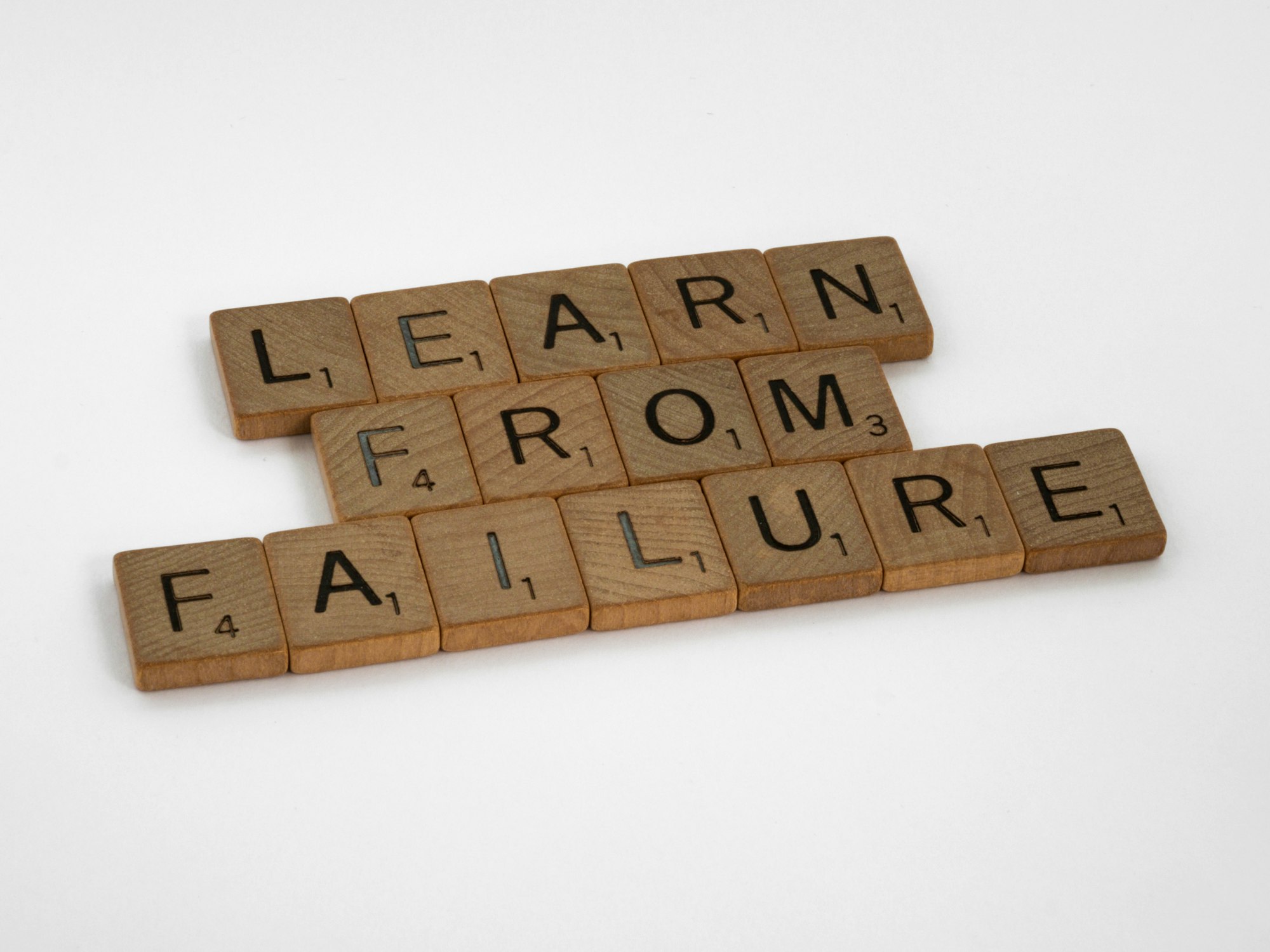Beyond the golden rule


Wikipedia (of course) explains the golden rule nicely, from its first appearance in Egypt in c. 2040–1650 BCE through to its adoption/re-emergence in almost all ethical traditions.
Like many people, I was taught the golden rule as a principle of good behaviour at school and by my parents. The rule is second nature to me and I consider it to be a near universal truth. I would expect almost everyone I come across to have heard of it and understand it. But, came across a fascinating evolution of the idea in a Science Fiction series The Bobivere (which is GREAT, please do go read it), which takes it a step further.
(Warning, minor spoiler ahead)
In one of the books, an alien who is undercover on a planet is somewhat revealed because they didn't know the planets' version of the golden rule - which like our golden rule is so engrained in the culture, that someone not knowing it was a hint they may not be native. They had 3 levels to the rule:
- The Iron Rule: Treat those below you as you want
- The Silver Rule: Treat others as you want to be treated
- The Golden Rule: Treat others how they want to be treated
(A more detailed Reddit thread on this is here)
The Golden rule, as outlined above, is also referred to as the platinum rule (like in this book of the same name, published in 1996), and I really like this version. It focuses on the person (or people) you are dealing with instead of yourself. It's a layer deeper.
Expecting everyone to have the same needs and wants as you is expecting and reinforces a ME/mono culture and can take us to places where we don't empower or respect diversity. It's this diversity of thought and needs which leads us to better outcomes, and so I have been thinking a lot about how I can use the platinum rule in my day-to-day work and life.
Below are two great posts on the Platinum rule, both are well worth reading as they offer an analysis of the rule as well as ways it could be applied to your work.


Happy Friday.






